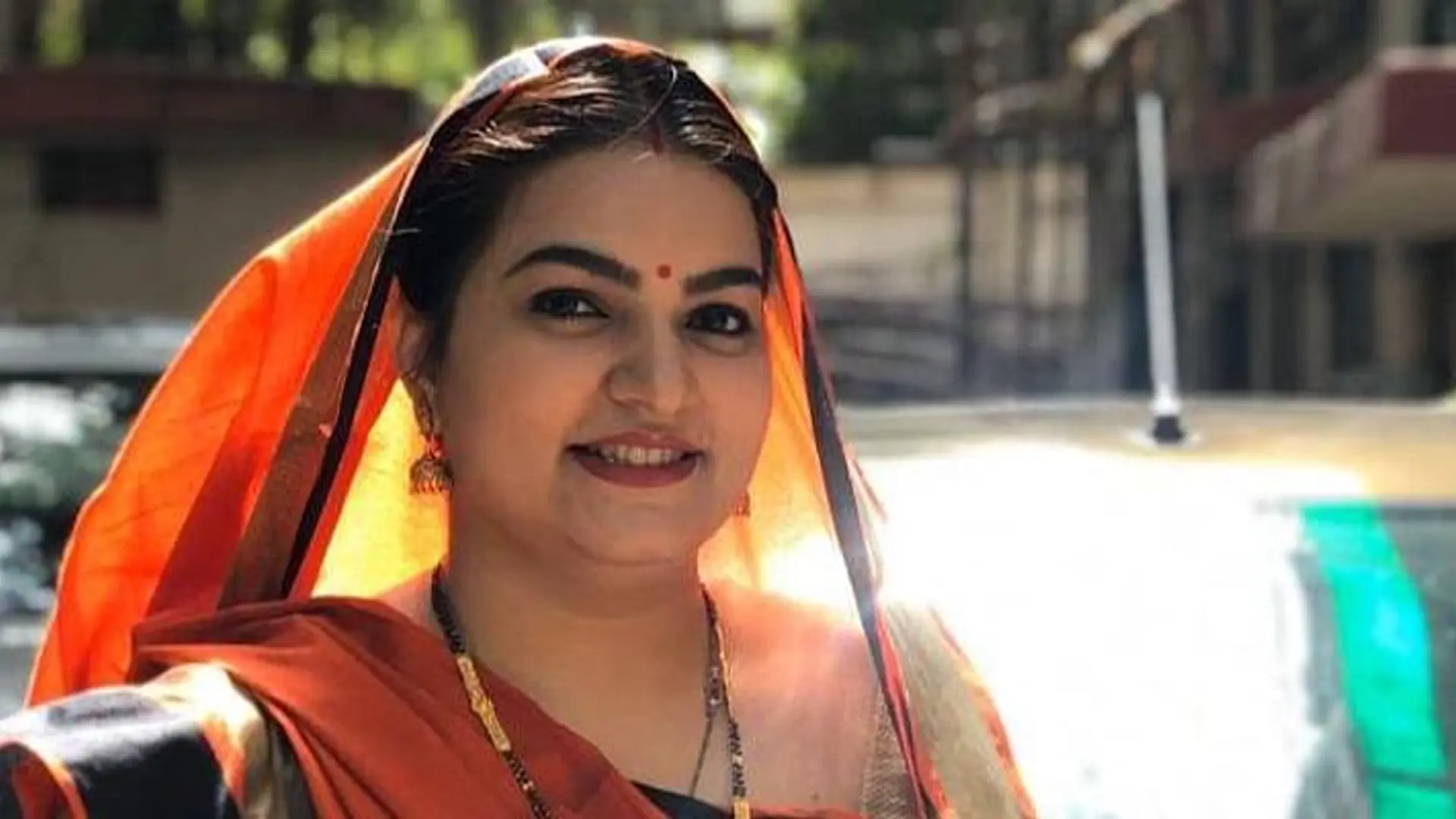I approach every book like a business plan, says best-selling author Ashwin Sanghi
Author Ashwin Sanghi popular for his books on historical fiction with a contemporary narrative explores the shared heritage and history of India and China in his new book, The Vault of Vishnu.
Often referred to as the Dan Brown of the Indian literary world, Ashwin Sanghi, does not detest the comparison. In fact, he calls himself Brown’s biggest fan. From The Rozabal Line to his latest, The Vault of Vishnu, Sanghi traverses different countries, worlds, characters and histories to craft stories that are a mix of the old and the contemporary while providing a peek into a mystical future.
In between, Sanghi also famously associated with master crime author James Patterson for Private India, an attempt quite different from his usual genre of historical fiction.

Ashwin Sanghi
His latest, The Vault of Vishnu is an attempt to delve into the intricacies of India’s shared heritage with China that goes beyond the Silk Route to something more fascinating, that he believes both countries must build on and be proud of.
In a freewheeling chat with YSWeekender, Ashwin Sanghi talks about his new book, Indian writing, the dynamics of book marketing and his advice for aspiring writers.
YSWeekender: Your new book, The Vault of Vishnu provides an interesting insight into Indo-China ties. Tell us more.
Ashwin Sanghi: The book is really is an exploration into the cross-cultural exchanges that happened between India and China. The exchange happened at multiple levels but the most talked about is how Buddhism travelled from India to China, and thereafter to the rest of the world. But what many don’t know is that a Pallava prince Bodhi Dharma landed in a monastery in China and taught the monks the famous South Indian martial forms, Silambam and Kalaripayattu.
These eventually along with some yogic traditions evolved into Kung fu. Most Indians are aware of the trade moving along the Silk Route, but they are not aware of the caravan of ideas that moved between these two nations. So, from a modern-day perspective, I thought it would be great bring out a story where we could talk about the shared heritage of India and China so that there could be some lessening of the view of only competitive strategy. A deeper realisation has to come between both countries regarding their shared heritage and history.
YSW: Are you tired of being called the Dan Brown of the Indian literary world?
AS: Not at all. I am perhaps Dan Brown’s biggest fan. And, to a very great extent, had it not been for two particular books, Jesus Lived in India, and Dan Brown’s Da Vinci Code, I would have not written my first book, The Rozabal Line. It doesn’t matter what people say.
YSW: How has your writing evolved from your first book till your recent one?
AS: I would still say The Rozabal Line was a bad book. I didn’t know what I was doing. I hadn’t written anything longer than a few lines and I was suddenly writing 90,000 to 100,000 words and hopping between continents and timelines. Luckily for me, an entire generation of readers liked the book. Over the years, I have learned a little more about the craft, planned each book well and split time between research and writing, which has worked for me. In many ways, I have become a better craftsman over the years. But I still consider myself to be a work-in-progress.
YSW: Among all the books you have written, which one was the most difficult to write?
AS: I would say it has to be Keepers of the Kaalchakra. I do not have a background in science and the entire story revolves around Quantum Physics. I needed two years of research where I taught myself the subject from lessons from friends so that I could correlate the quantum world to the spiritual and philosophical world. The second challenge was to simplify the concepts so that the layperson could understand them.
YSW: Do you think Indian writing has evolved, and has reached the masses?
AS: Earlier, it was an elite world of readers and writers. When I came into the scene in 2007, I couldn’t find a publisher. I think the change happened because of Chetan Bhagat. Till then you had writers in Hindi like Surendra Mohan Pathak who sold 3-5 lakh copies of pulp fiction. Chetan Bhagat brought in a casual style to writing and publishers realised an entire generation wants to read in a language that is simple and easy to understand.
Amish (Tripathi) and I found another niche with historical and mythological fiction. But even then, I don’t think this genre has reached its full potential. Also, I think additional niches are yet to be discovered. For example, India lends itself beautifully to believe lends itself to science fiction because of its rich philosophical and spiritual tradition.

Ashwin is often called the Dan Brown of India
YSW: Do you think also think Indian writing has gained popularity because books are being marketed better?
AS: In my case, I would say I approach every book like a business plan too. If I have spent two-and-a-half years writing, editing and rewriting my book, I would have to be a real nitwit not to be able to spend two months marketing it. It’s not just to earn more money, but to get more people to read it. Money, fame, wealth, high royalties are the by-products of having more readers.
YSW: What is your advice to aspiring young writers?
AS: I have met young people who tell me they want to be writers, but they don’t get down to writing. That’s the first step. It doesn’t have to be a novel or a screenplay. Start off with a blog or a few short paragraphs on social media to get into the habit of writing.
The second part is there are many who are worried if they can actually write and make it a career. My view is that it is very difficult to write when you are hungry.
So, don’t lose the day job, till the time you build a steady royalty stream with which you can sustain yourself and your family. There are others who are worried about what people will think or what critics will say. You cannot write like that. While critics’ views should be regarded, so should your readers’ thoughts matter to you.
Then there are others who are focused on making it to the big league. They do not realise this is an agnipariksha, a trial by fire. So, don’t get disheartened, stay at it. Finally, if you make it as a writer or storyteller, and attain a certain modicum of fame or wealth, make sure you keep your feet on the ground and be humble.









